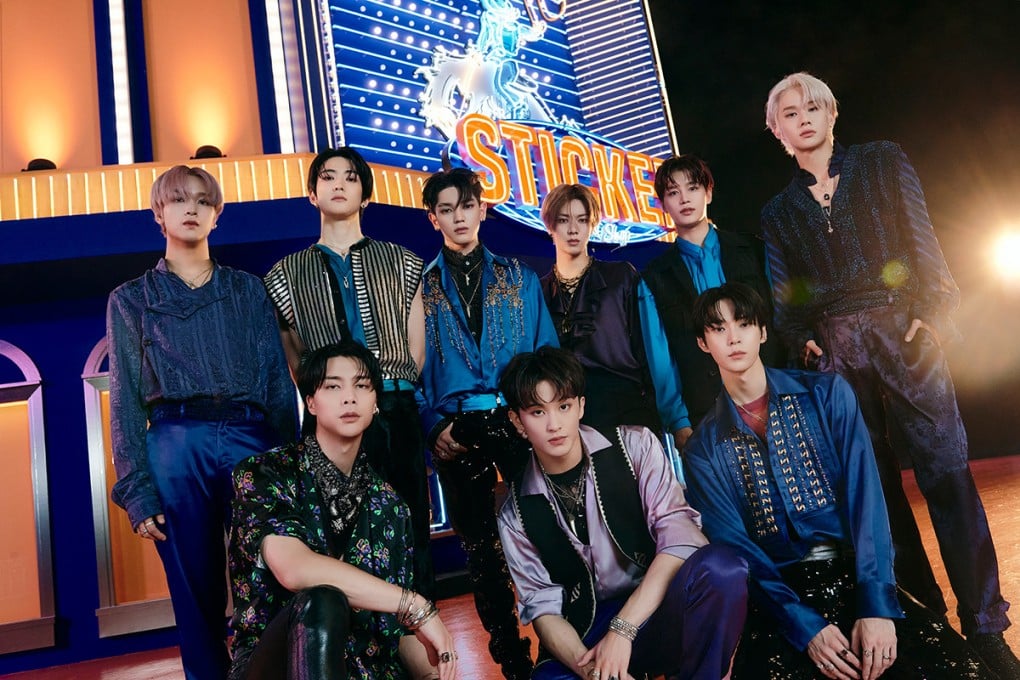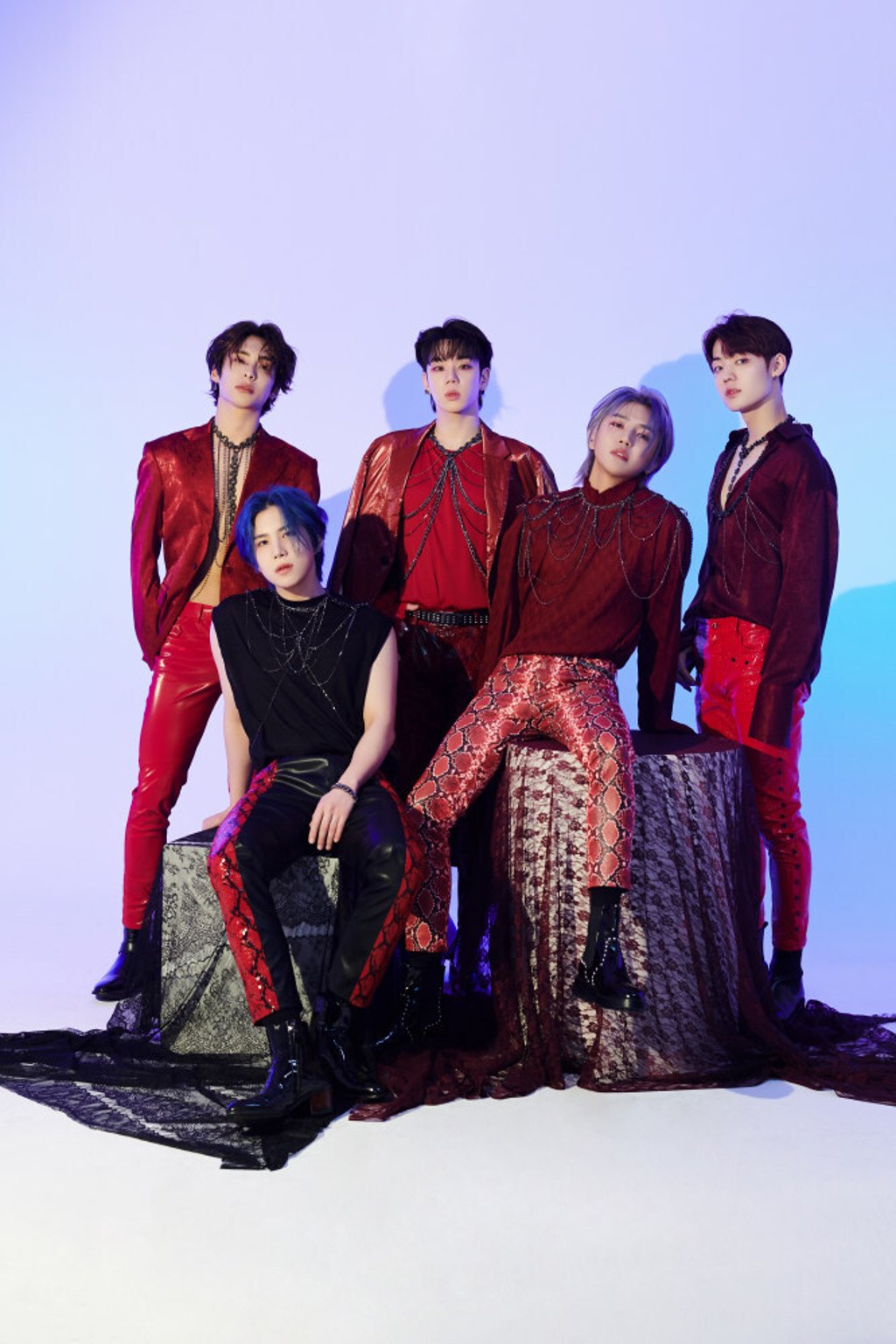Advertisement
Explainer | K-pop labels embrace virtual stars and pursue metaverses to extend their artists’ online reach
- A metaverse is a way to make digital environments emulate the physical world, and often incorporates 3D virtual spaces and augmented reality functions
- K-pop labels have already launched virtual fan events and a group – Aespa – with avatars of its four members appearing digitally alongside them
Reading Time:4 minutes
Why you can trust SCMP

K-pop has a reputation for being futuristic at times, and the South Korean entertainment industry’s dedication to innovation is taking things to the next level with growing interest in hooking K-pop to trending technologies such as NFTs, metaverses and cryptocurrency.
Whether it’s A. C. E and BTS’ company Hybe launching NFT merchandise lines, or SM Entertainment pushing forward with plans to integrate its content in a metaverse, or reports of K-pop-themed cryptocurrencies, these are some of the biggest K-pop trends of 2021
The buzziest one of the moment by far is metaverses. With Facebook renaming itself “Meta” last month, the idea of blending digital spaces with offline ones in a virtual environment is everywhere.
Advertisement
A metaverse is essentially a way to make digital environments emulate the physical world, and often incorporates 3D virtual spaces and augmented reality functions.

Businesses and parts of the South Korean government are looking at creating metaverses; this summer saw banks in South Korea invest in metaverse asset funds and the country’s Ministry of Science and ICT earmark trillions of won to foster tech ventures including metaverses. Millions of South Koreans invested in digital land grabs in metaverses. In early November, the Seoul city government also announced plans for its own metaverse elements.
Advertisement
Advertisement
Select Voice
Choose your listening speed
Get through articles 2x faster
1.25x
250 WPM
Slow
Average
Fast
1.25x